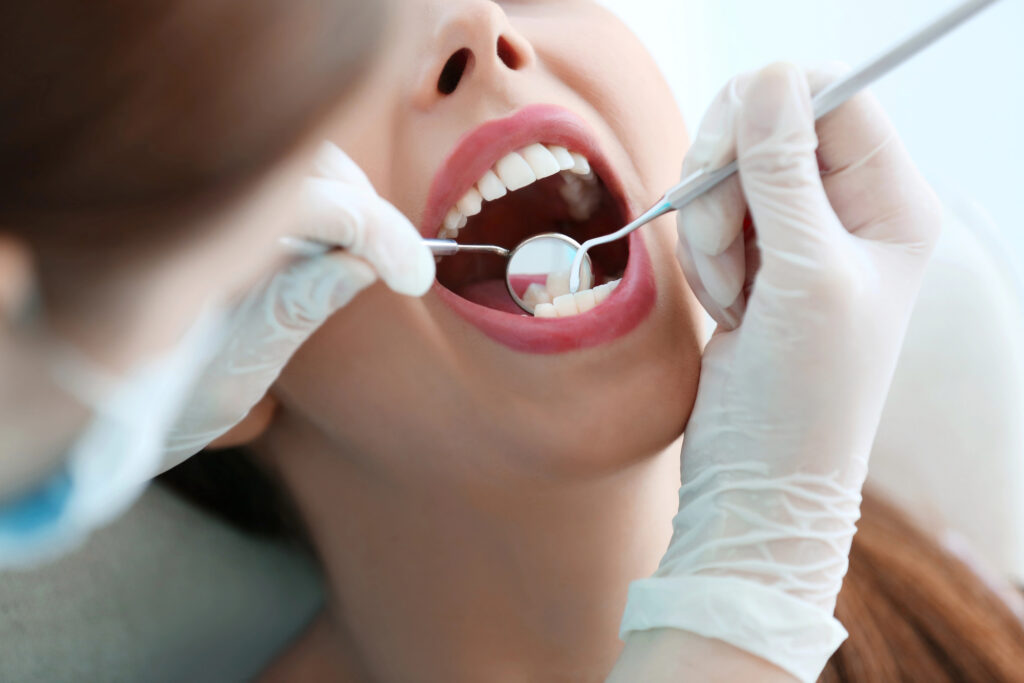
Your mouth is home to a complex ecosystem of bacteria, fungi, and viruses known as the oral microbiome. While the thought of countless microorganisms residing in your mouth may seem unsettling, the truth is that most of these tiny inhabitants actually help in maintaining your oral and overall health.
What is a Microbiome?
A microbiome is a community of microorganisms (bacteria, fungi, viruses, and their genes) that inhabit a particular environment. The gut microbiome is perhaps the most well-known, playing a major role in digestion, immune function, and overall health.
The oral microbiome, though less discussed, is equally important. It consists of a diverse array of microorganisms living in the mouth, contributing to oral health and acting as a first line of defense against pathogens.
Both microbiomes share the common goal of maintaining a balanced environment, but the oral microbiome specifically focuses on protecting the mouth and facilitating the initial stages of digestion.
The Importance of a Balanced Oral Microbiome
A healthy oral microbiome is essential for several reasons.
Preventing Tooth Decay and Gum Disease
Certain beneficial bacteria in the mouth help neutralize the acids produced by harmful bacteria that cause tooth decay. They also help maintain a healthy pH balance and prevent the overgrowth of disease-causing microbes that can lead to gum disease.
Supporting Immune Function
The oral microbiome acts as a first line of defense against foreign invaders. Beneficial microbes help stimulate the immune system and prevent harmful pathogens from colonizing the mouth and spreading to other parts of the body.
Aiding in Digestion
The process of digestion begins in the mouth, and the oral microbiome plays a role in breaking down food particles and producing enzymes that facilitate nutrient absorption.
When the Oral Microbiome Becomes a Problem
While a balanced oral microbiome is essential for maintaining good oral health, certain factors can disrupt this delicate balance, allowing harmful bacteria to thrive.
Poor Oral Hygiene
Neglecting to brush and floss regularly allows harmful bacteria to proliferate, leading to plaque buildup, tooth decay, and gum disease.
Diet High in Sugar and Processed Foods
Harmful oral bacteria feed on sugar and refined carbohydrates, producing acid that erodes tooth enamel and causes cavities. A diet high in these foods can tip the balance in favor of disease-causing microbes.
Dry Mouth
Saliva plays a crucial role in maintaining a healthy oral microbiome by washing away food particles, neutralizing acid, and keeping the mouth moist. Conditions that cause dry mouth, such as certain medications or medical treatments, can disrupt the oral microbiome and increase the risk of tooth decay and gum disease.
Smoking and Tobacco Use
Smoking and other forms of tobacco use can alter the composition of the oral microbiome, promoting the growth of harmful bacteria and increasing the risk of gum disease and oral cancer.
Nurturing a Healthy Oral Microbiome
To maintain a healthy balance of microbes in your mouth, follow these tips.
Practice Good Oral Hygiene
Brush your teeth twice a day with fluoride toothpaste, and floss daily to remove plaque and food particles that can feed harmful bacteria.
Eat a Balanced Diet
Limit your intake of sugary and processed foods, and focus on consuming a variety of nutrient-rich fruits, vegetables, whole grains, and lean proteins. These foods help promote a healthy oral microbiome and strengthen tooth enamel.
Stay Hydrated
Drinking plenty of water throughout the day helps stimulate saliva flow, which is essential for maintaining a balanced oral microbiome.
Avoid Tobacco Products
Quitting smoking and other forms of tobacco use can help restore a healthy balance of microbes in your mouth and reduce your risk of oral health problems.
Visit Your Dentist Regularly
Regular dental check-ups and cleanings are necessary for maintaining a healthy oral microbiome. We can identify and address any potential issues before they escalate.
If you have concerns about your oral health or want to learn more about promoting a healthy oral microbiome, contact us today to schedule your next appointment.